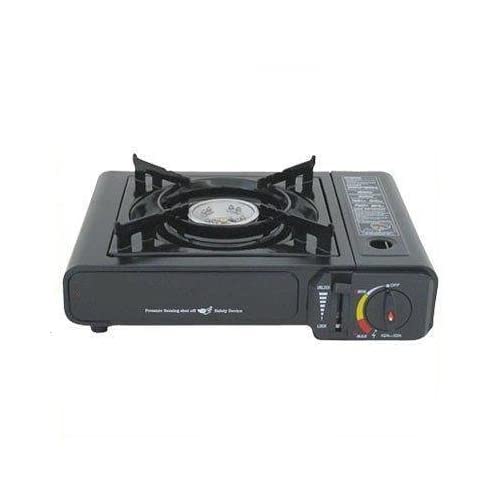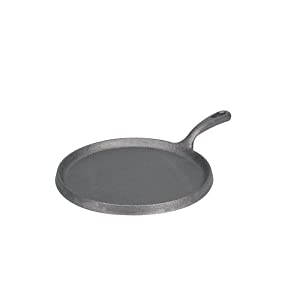I use the 1 L flask, I have a Smooth Top Ele. Stove AND I cool in a water bath.
The OP should try doing a 1 L starter in his 1 L flask, What, he have a pint in there ?
I guess by this year LOL He did all ready , This post is old, BUT GOOD :rockin:
With the 1 L starter, it's VERY easy to get a boil over, I have to be there sitting on a stool ( I'm LAZY) and baby-sit it, If not It will boil over.
I kinda start slow with the heat @ about 70% then watch till I see or hear it bubbling, Thats when the fun starts. I use an oven mit to slide the flask off and on the burner. I also find, that after it does begin to boil , I can turn the burner down to 50% and leave just a 1/3 of the flask on the burner, And that seems to work just fine, Just boils and no boil over.
To cool, I use a small pot in the sink and put the flask in 1st, then add warm tap water moving up to cool, then cold. And I swirl many times while the water is allways running and overflowing the pot. I get to pitching temp in about 10 minutes.
What I want for CHRISTMAS............ Yep at least a 2 L FLASK!!!!!







